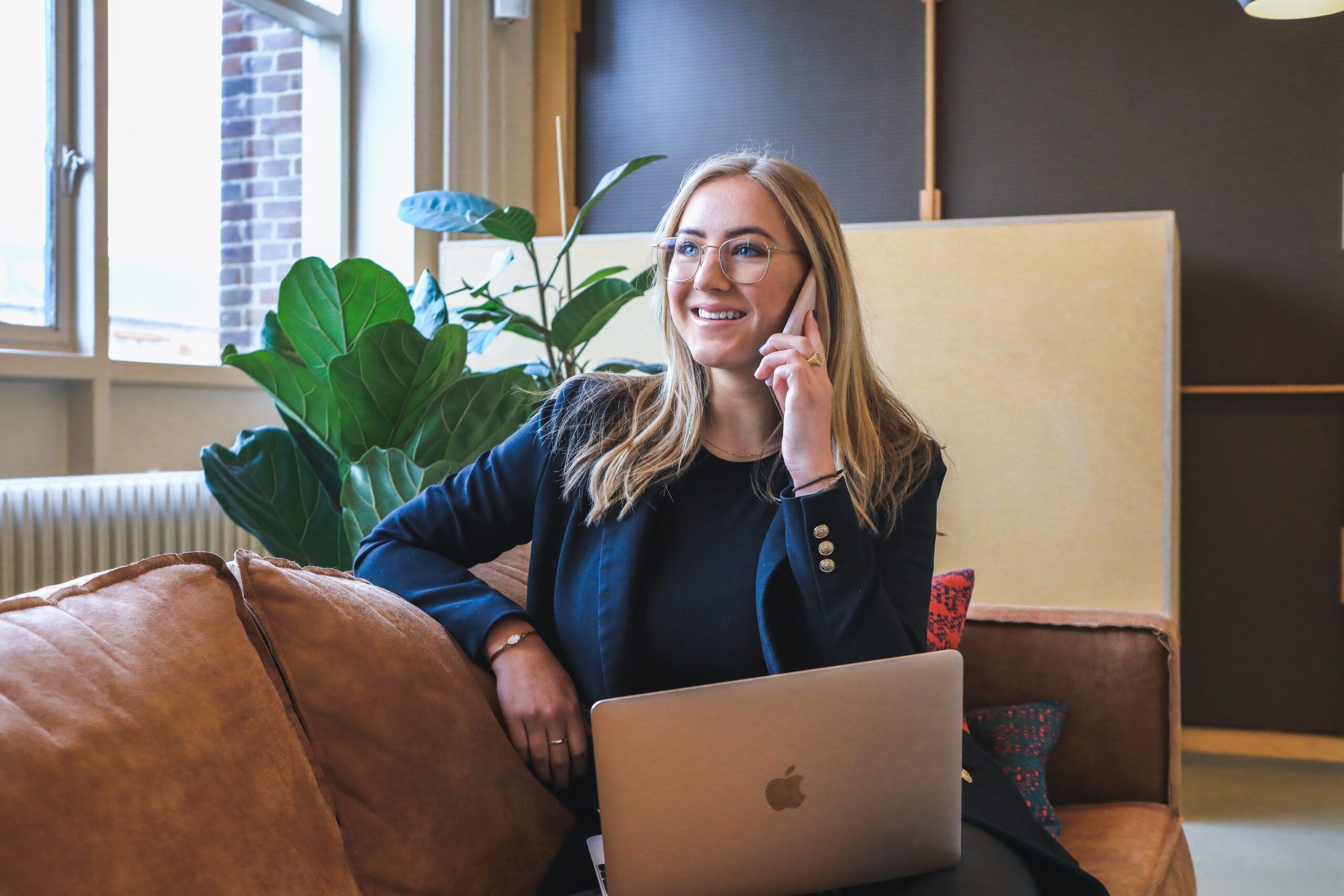Bankruptcy and Bank Accounts Guide
Use our Bankruptcy Eligibility Checker to see if declaring yourself bankrupt could be the right option for you and what alternatives to bankruptcy may be available.
Find An Alternative To Bankruptcy – Start Your Analysis
"*" indicates required fields
Bankruptcy – Bank Accounts
When a bankruptcy order is made, the bankrupt must stop using all their bank accounts, cheque books and bank cards, and immediately surrender them to the Official Receiver. Accounts are normally frozen by the Bank when they learn about the bankruptcy order.
If you become bankrupt, you need to make arrangements with your existing bank to receive money and pay standing orders, direct debits etc. Some banks allow bankrupts to continue to use existing bank accounts. Even if the bank agrees to this, they will freeze the account when they become aware of the bankruptcy order.
Bank accounts in credit at bankruptcy
Money in an account at the date of the bankruptcy order is an asset in the bankruptcy. The Official Receiver may allow the use of some of this money for essential living expenses.
Bank accounts overdrawn at bankruptcy
Any overdraft or outstanding balance on credit cards is a debt in the bankruptcy. Therefore, payments must not be paid directly to the bank, unless it is a secured debt. This is because the bankrupt would be giving the bank preferential treatment over other creditors. The Official Receiver decides which debts are paid and, in which proportions. For bank accounts in joint names, all parties are jointly responsible for the whole debt. This is the same for any joint credit agreement.
Bank accounts during bankruptcy
During the bankruptcy, the bank may permit usage of existing accounts after they have consulted the Official Receiver. A non discharged bankrupt can apply to open a new bank/ building society account, but they must inform the bank they are bankrupt.
Basic bank accounts
If you’re bankrupt, a basic bank account is your only option. You may not get a cheque book nor any credit facilities but other than that, you can expect mostly the same features of a regular current account. All banks must provide basic bank accounts. Some attract costs and charges for failed payments; however most banks now offer truly free basic bank accounts which do not incur any charges.
- Barclays – Barclays Basic Current Account
- Santander – Basic Current Account
- NatWest – Foundation Account
- Ulster Bank (Northern Ireland) – Foundation Account
- The Royal Bank of Scotland (Scotland) – Foundation Account
- RBS England & Wales – Basic Account
- HSBC – Basic Bank Account
- Nationwide – FlexBasic
- Co-operative Bank – Cashminder
- Lloyds – Basic Account
- TSB – Cash Account
- National Australia Bank Group (including Yorkshire Bank and Clydesdale brands) – Readycash Account
Opening a bank account
The Money Advice Service (MAS) has produced a video guide to opening a bank account.
Is Going Bankrupt Right For Me?
Going Bankrupt may be best for you if you can’t see how you can ever repay your debts
Free Online Bankruptcy Eligibility Check
Use our free bankruptcy eligibility check to see if declaring bankruptcy could be the best option for you.
Full Detailed Assessment
We’ll provide a detailed assessment based on your personal circumstances, making sure there are no unexpected implications.
Keep Your Home
If you’re a home owner then we can help prevent the loss of your home and any equity you have.
Free Help & Information
We’ll answer your questions to help you decide if declaring yourself bankrupt is in your best interests.
Stop Creditor Pressure
Are you being harassed by chasing letters, and phone calls, have you had debt collectors or bailiffs at your door? We can help protect you from any further creditor action.
Do I Qualify For Alternatives?
We’ll check, explaining the pros & cons of each, helping you make an informed decision on the course of action to take.
Call Our Helpline 0161 635 0180
We’re happy to answer your questions about any situation

